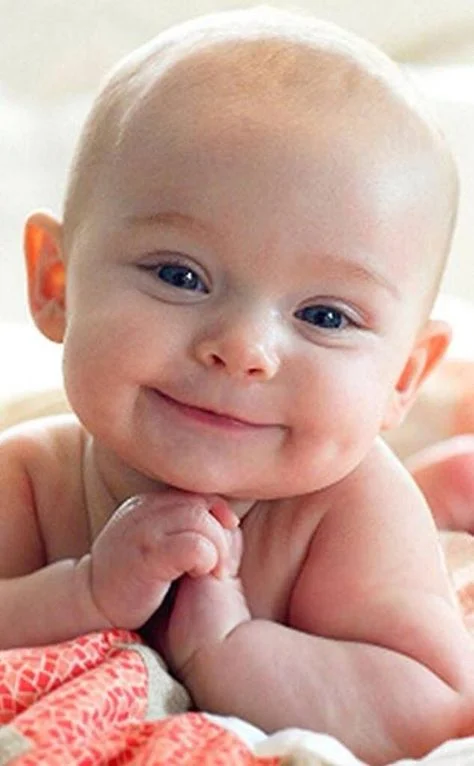When my daughter, Lily, was just a year old, we discovered she had spina bifida. Since that moment, our family has rallied together to ensure she feels cherished and accepted for who she is, never doubting her ability to do everything her peers can. In many ways, we’ve been fortunate; after extensive spinal surgery when she was three, her condition improved significantly. While she still experiences weakness in her legs, she is fully mobile. Unfortunately, she does face challenges like being doubly incontinent, which inevitably sets her apart from other kids.
Living with a hidden disability is tough. It’s challenging to explain to other children why she needs assistance in school or why she uses a different restroom. Some kids struggle to comprehend why she sometimes arrives at school in one outfit only to leave in another. As her mom, I find it difficult to introduce her condition to new friends. It’s a complicated situation that goes beyond the usual concerns of parenting; it involves medical equipment, medication, and the messy realities of accidents, including waking up wet most mornings.
Honestly, it can be overwhelming. On particularly rough days, I find myself in tears, wishing she didn’t have to endure any of this. I long for her to enjoy day camps, sleepovers, or visits to friends’ homes without worrying about bathroom schedules or whether she’ll feel comfortable sharing her situation with others. It’s tough, but I put on a brave face, assuring her that everything is alright while trying to navigate these challenges as best as I can. I tell her that no one can tell she’s wearing a bulky diaper under her dress and that it’s perfectly normal for her mom to accompany her to the restroom.
I thought my positive approach was the best way to support her. However, everything changed one day when Lily, now ten, expressed her feelings in a way that completely shifted my perspective.
She loves pretty dresses, twirly skirts, and cute hair accessories, but like many kids her age, she has her moments of frustration and self-doubt. One day, when she was upset about her outfit, I knelt down and reassured her, “You look beautiful.” But she retorted, “No, I don’t! Stop saying that I’m perfect when my body doesn’t work right! I hate this!”
Her words hit me hard. I held her close as she cried, letting her vent her feelings. After she calmed down, I wanted to address everything she had said, but I struggled to know how to start.
Have I been wrong all this time to treat her as “normally” as possible? Should I have talked more openly about her condition and shared my own feelings of sadness and frustration? Should I express my fears about her future and the heartbreak I feel knowing her condition won’t change?
While I can’t change her situation, I can make space for open conversations about her feelings. When I asked her how she felt about her condition, she shared her deep frustrations: “I hate that I’m not like everyone else. I hate having accidents. I don’t want to need extra help.” I agreed with her, validating her feelings. “It’s really tough. It is what it is, but I wish it could be different too. Just like I wish my thighs were smaller!”
She laughed, surprised to learn that I also have insecurities. While my body image issues are minor compared to her challenges, talking about imperfections is crucial. It’s important to recognize that while we promote a positive self-image, we must also acknowledge our flaws and struggles. Ignoring them won’t help her.
If you’re navigating similar challenges, remember to keep the conversation going. And if you’re looking for support or resources on topics like home insemination, check out this helpful blog post. For those interested in fertility, this site offers great insights. Additionally, NHS provides excellent information about IVF and other treatments.
In summary, sharing my imperfections with Lily has opened up a valuable dialogue about acceptance and understanding. It’s not just about celebrating the good; it’s about facing the hard truths together.
